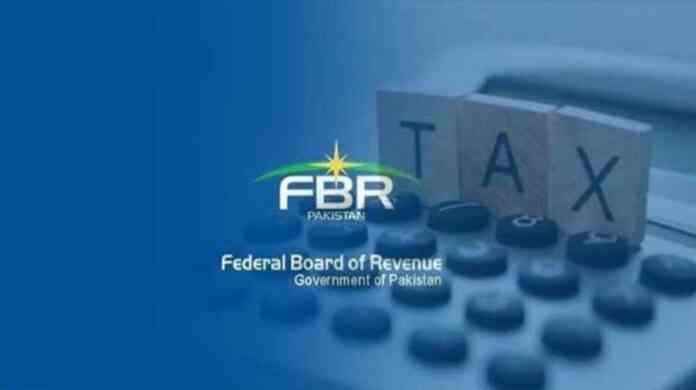ISLAMABAD – In a significant move to tighten tax compliance, the Federal Board of Revenue (FBR) will now form a dedicated committee to oversee property transactions involving individuals who are not registered under the Sales Tax Act, 1990. This committee will have the authority to recommend whether to impose or lift a bar on the transfer of immovable property in such cases.
Under the newly amended Finance Bill 2025, the FBR aims to bring non-compliant individuals into the tax net by leveraging the regulatory power of property transactions. The bill states that if a person is found unregistered under sales tax law, the committee shall grant them a personal hearing before making any recommendation. Based on the outcome, it may advise the concerned Commissioner to either impose a bar or remove an existing restriction on the property transfer under section 14AC of the Sales Tax Act.
The committee must offer the concerned individual an opportunity to obtain sales tax registration within 15 days before making its recommendation. This step ensures due process and gives unregistered individuals a last chance to become compliant before facing a property transaction ban.
Initially, the Finance Bill, 2025 had directly empowered the Commissioner Inland Revenue to block property transfers for any person not registered under the Sales Tax framework. However, the latest amendment introduces a structured approach involving committee oversight, thereby reducing the risk of arbitrary decisions.
Previously, if a bar is imposed, the individual was allowed legal avenue—an appeal can be filed with the Chief Commissioner Inland Revenue within 30 days of receiving the order. Furthermore, once the person obtains sales tax registration, the Commissioner is obligated to issue and convey an immediate order to lift the ban on the property transfer.
This measure is part of FBR’s broader strategy to enforce sales tax compliance and expand the tax base without resorting to harsh penalties. By linking property rights to tax registration, the FBR hopes to incentivize voluntary compliance while maintaining transparency and procedural fairness.
